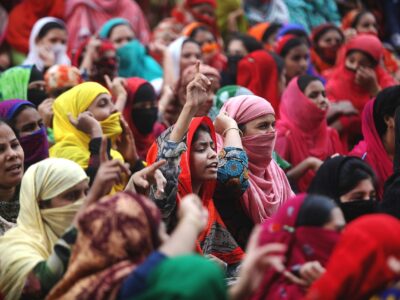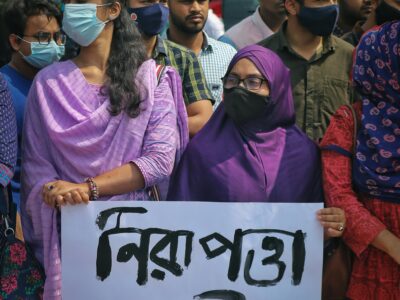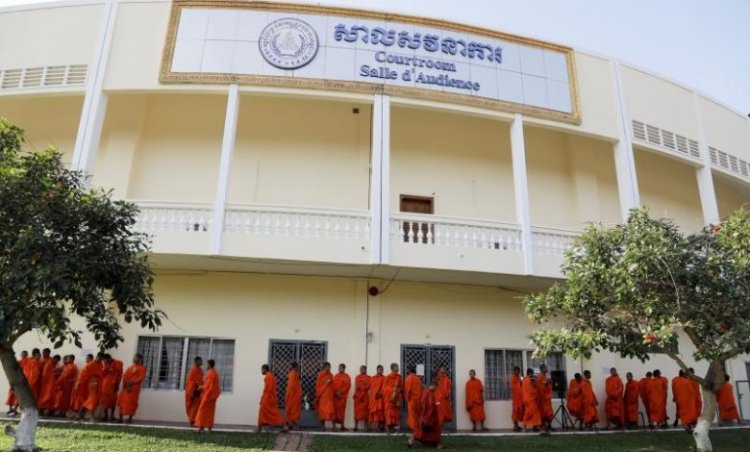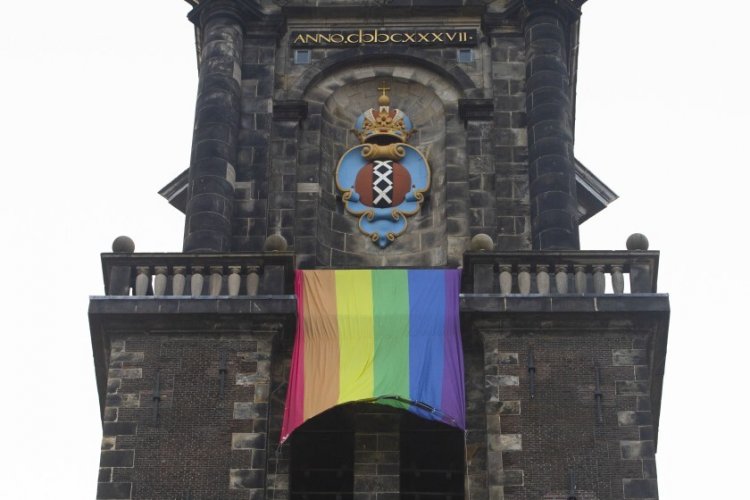Women in El Salvador carry an immense risk when pregnant. Even in situations where possible complications are out of their hands, they may still be imprisoned if something goes wrong during the pregnancy. Even a miscarriage may be considered enough for the state to decide to imprison the already grieving woman.[2] This is because the law forbids any form of abortion[3], even if the life of the baring mother is at peril,[4] in clear violation of human rights principles, including the right to life.








Comments